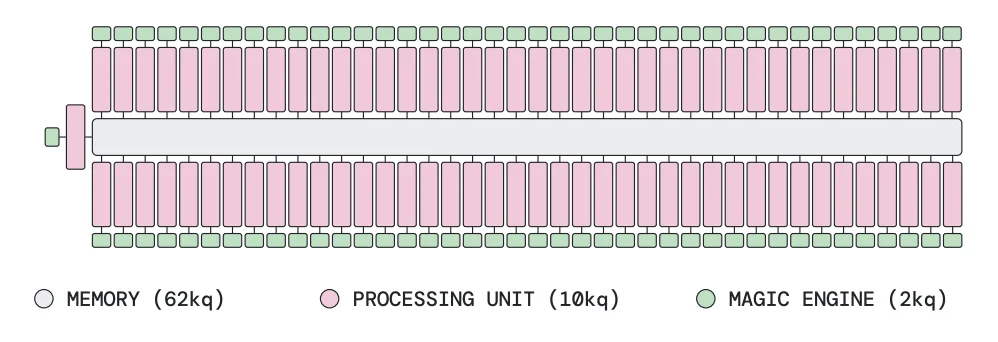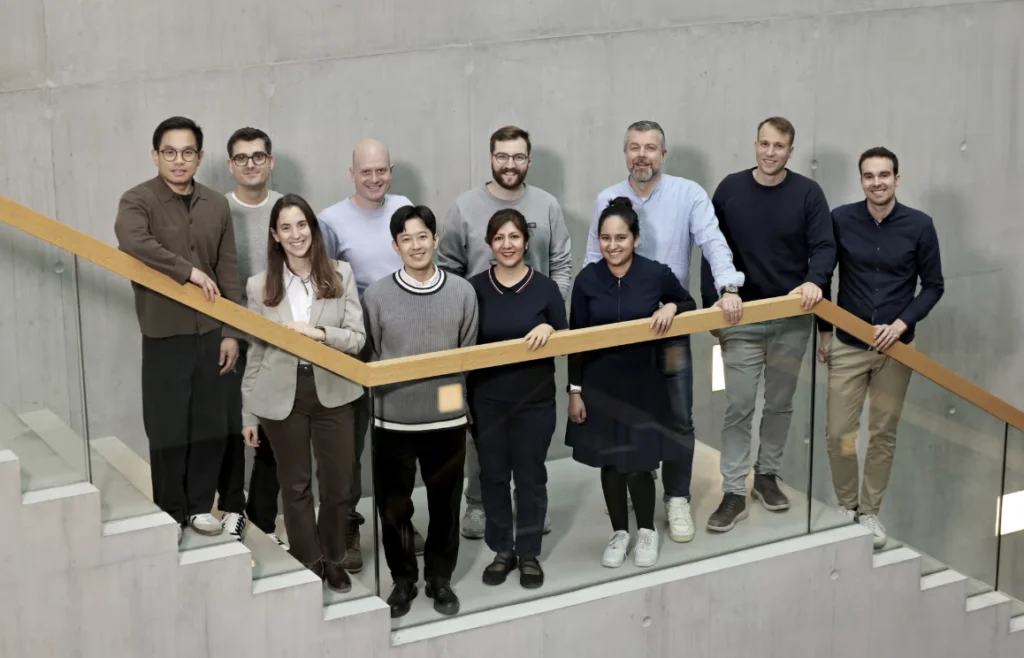Guest Post By Juljan Krause
Generative AI quietly pushes quantum advantage, or Q-day, further away into the future. For stakeholders in quantum computing, this is an opportunity, not a threat.
At present, quantum computing is one of the most hyped advanced technologies out there, for all the right reasons. There is no shortage of warnings about the implications of Q-Day, the inflection point when quantum computers outperform ‘classical’ computing on meaningful tasks and genuine problems. ‘‘Q-day’, when the world’s data encryption codes fail, is already on its way’, commentators warn. Others say that quantum computing is ‘a much bigger, and more important, battlefield’ than AI.
This may be true but AI is giving quantum computing a run for its money. This is because ‘Q-day’ is a moving target.

As long as ‘classical’ computing keeps getting better, the point at which quantum computers can meaningfully outperform the computers we already have, will keep moving further into the future. Indeed, digital computing is certainly getting better and more efficient: increasingly, Generative AI and Large Language Models are making better use of the compute resources we have, even if they won’t keep scaling as massively as we are used to.
AI is getting much better at modeling the very problems at which quantum computers are going to excel, slowly but steadily eating away at quantum advantage. Where AI gets better, and cheaper, quantum computers will have a much harder job to demonstrate their superiority. The benchmark for quantum advantage keeps evolving.
For quantum computing, that’s good news, actually. Stronger competition from AI forces quantum stakeholders to communicate more clearly how exactly quantum algorithms are going to work, what they can (and cannot) deliver, and how their integration with AI/ML makes for a much more realistic scenario than pitting quantum and AI against each other.
This is not to suggest quantum pessimism but a reminder that high-stakes technologies interact and intersect. Both AI and quantum compete in overlapping domains for funding, talent, media coverage, and attention from policymakers. For CTOs, managing both quantum technologies alongside AI is going to be a tough job. Stronger competition from AI calls upon the quantum ecosystem to up its game and be clearer on what quantum advantage will mean, and how quantum computing, in particular in its early days, can compete with generative AI. For quantum computing, competition with AI is an opportunity, not a threat.
Juljan Krause is a Fellow in Technology and International Security at the University of California’s IGCC and a former senior technology adviser in the UK Government. Juljan’s PhD in computer science is on the quantum internet.
For more market insights, check out our latest quantum computing news here.














